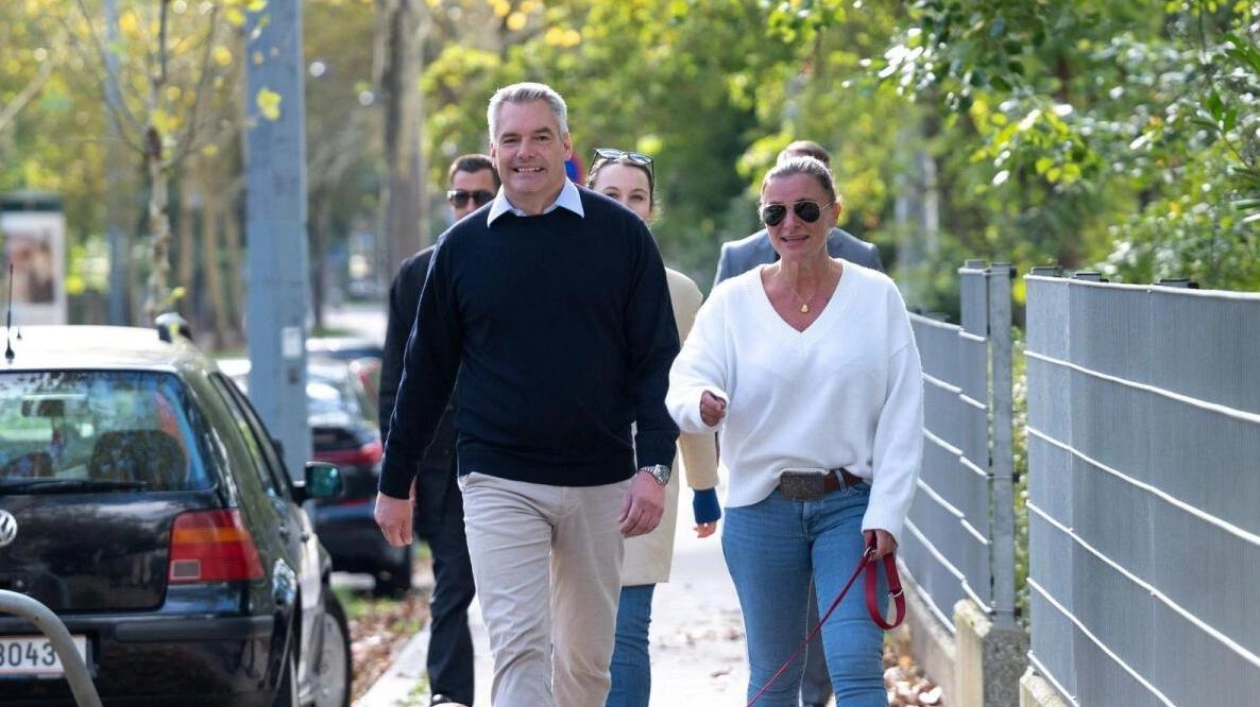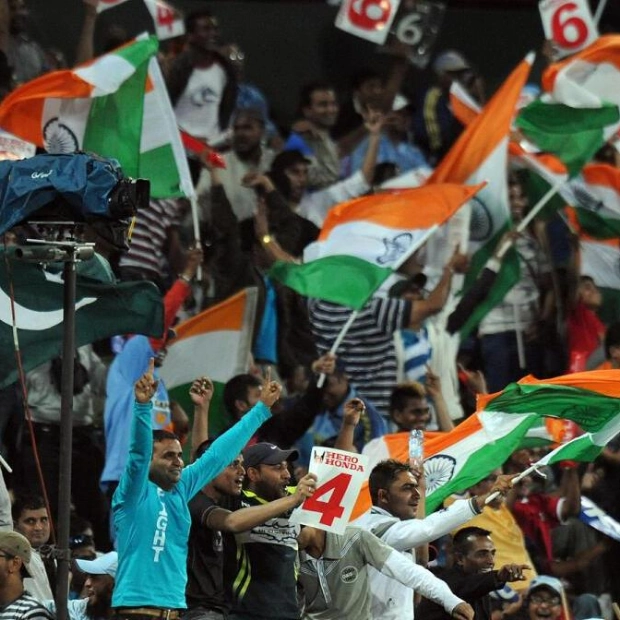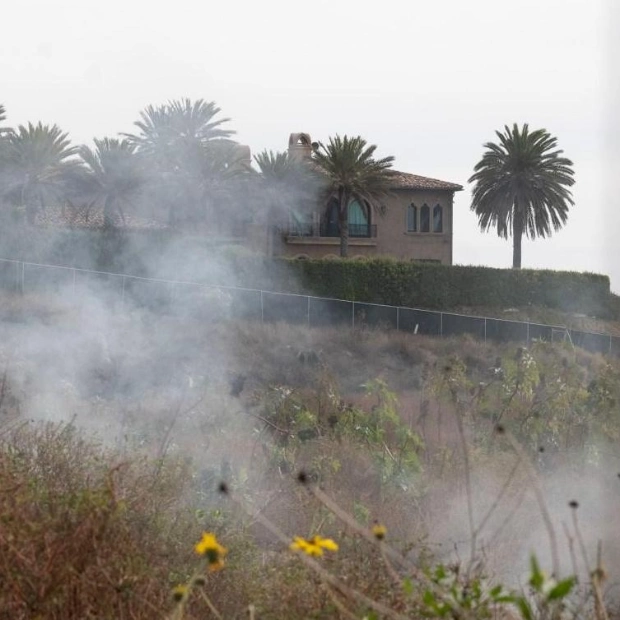Austrians went to the polls on Sunday to elect a new parliament, with the far-right Freedom Party (FPO) vying for its first-ever general election victory. Such a win could spark a conflict within the European Union over the ongoing war in Ukraine.
The FPO has been leading in opinion polls for months, but its advantage over Chancellor Karl Nehammer's ruling conservative Austrian People's Party (OVP) has nearly vanished. The campaign has been heavily influenced by economic and immigration concerns.
According to polls, neither party will achieve an absolute majority, but the winner will likely claim the right to form a coalition government. Polling stations opened early in the morning, and projections are expected shortly after the polls close at 5pm (1500 GMT).
Kathrin Stainer-Haemmerle, a political science professor at the Carinthia University of Applied Sciences, noted, "The key question is whether the FPO will appoint the chancellor. If that happens, Austria's role in the EU would drastically change. Kickl often cites Viktor Orban as his role model and stands firmly with him."
Nehammer portrays himself as a statesman, contrasting his rival, FPO leader Herbert Kickl, whom he describes as a dangerous threat. Kickl, on the other hand, positions himself as a defender of Austrian neutrality, promising to clean up the country after years of perceived establishment failures.
An FPO victory would mark Austria as the latest EU nation to experience a surge in far-right support, following similar trends in the Netherlands, France, and Germany. The Eurosceptic FPO, which advocates for stricter asylum rules, secured its first national victory in June, narrowly defeating the OVP in European elections.
While the OVP, like the FPO, supports tougher immigration rules and tax cuts, Nehammer has stated that his party will not join a government led by Kickl. Sarah Wolf, a 22-year-old graphic designer and supporter of the Austrian Communist Party, believes tactical voting is necessary to prevent the FPO from gaining power.
Viktor de Lijzer, a 17-year-old FPO supporter, argues that the party is best suited to address the perceived rise in criminal violence linked to immigration. Kickl, 55, has excelled as an opposition figure but has sometimes struggled to moderate his tone to appeal to a broader audience.
President Alexander Van der Bellen has expressed reservations about the FPO due to its criticism of the EU and its refusal to condemn Russia's invasion of Ukraine. The party opposes EU sanctions on Moscow, citing Austria's neutrality. Van der Bellen has hinted he might prevent Kickl from forming a government, despite the long-standing convention of asking the leading party to do so.
The FPO, which aims to halt asylum grants and create a "fortress Austria" to block migrants, was initially led by a former Nazi lawmaker in the 1950s. Recent controversies, including a video showing FPO members at a funeral where a Nazi-era song was sung, have resurfaced concerns about the party's past.
A Jewish student group in Vienna has filed a complaint against FPO members, accusing them of violating anti-Nazi laws. The FPO has yet to respond to requests for comment.






